The days of toilet paper are numbered: this will be its substitute.
Toilet paper, a daily use product in most households around the world, is starting to become the subject of intense research and innovation. Although it is an item that we rarely think about, it has a significant impact on our environment. Traditional methods of toilet paper production involve cutting down trees, which contributes to deforestation and ecosystem degradation. In addition, the chemical processes used in its production result in emissions of pollutants that contaminate water and air.
In an era of growing environmental awareness among consumers and the urgent need to reduce our carbon footprint, scientists and entrepreneurs are trying to find more sustainable alternatives to traditional products. Toilet paper is no exception. It is in this context that the latest research and initiatives are emerging to replace traditional toilet paper with new, more environmentally friendly products.
Check out the toilet paper available in our store's offer!
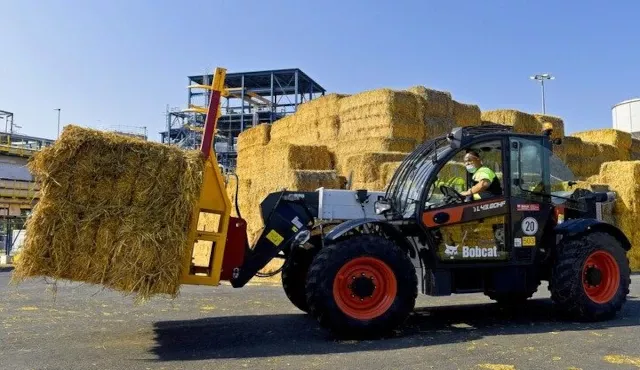
Straw paper - the future of toilet paper
In a world where sustainability is becoming increasingly important, innovations in traditional industries, such as paper production, are gaining crucial significance. One of the most promising directions in the field of toilet paper production is the use of straw, a natural resource that has often been underestimated.
The Essity project and its significance
Essity, a company known internationally for producing hygiene products, has decided to lead this revolution. Information gathered from nordicwoodjournal.com shows that the company is not only considering, but actively working on implementing technology for producing toilet paper from straw.
What makes straw so attractive for producers? Firstly, it is a renewable resource that can be harvested every year without the need to cut down forests. Furthermore, straw is a by-product of agriculture, often left as waste or used as animal feed. Transforming it into toilet paper would have a double benefit: reducing agricultural waste and decreasing the demand for trees in paper production.
Research on the environmental impact of production
However, using straw in toilet paper production is not as simple as it may seem. Essity conducts intensive research to understand how this process will affect the environment. It is worth considering whether producing paper from straw is actually less energy-intensive than traditional methods, or if it requires additional chemical processes that may harm ecosystems.
In addition, the company also focuses on product quality. After all, consumers expect toilet paper to be soft, durable, and effective. Will straw paper meet these criteria? Will its texture and properties be comparable to traditional products?
See all toilet consumables available in our offer!
Properties and benefits of using agricultural waste in paper production
In the era of sustainable development and growing ecological awareness, consumer attention is turning to products that are environmentally friendly. Toilet paper produced from agricultural waste can be an answer to the ecological needs of our world. But why have these agricultural waste become so attractive to producers?
Straw - an unused treasure
Straw, as noted on the paper-world.com portal, is an excellent source of cellulose - the main component of paper. Unlike traditional cellulose from trees, straw can be harvested every year, making it a renewable source. Additionally, its use in paper production contributes to reducing deforestation, which has a catastrophic impact on biodiversity and climate. By using straw, we not only protect forests, but also contribute to the utilization of waste that would otherwise be wasted.
Other agricultural waste in paper production
However, straw is just the tip of the iceberg when it comes to potential sources of raw materials for paper production. The bioeconomy-bw.de portal informs about other agricultural waste that can serve as an alternative to traditional methods. Rice husks and sugarcane are just two of many waste products that researchers are considering in the context of paper production.
These raw materials have several advantages. Firstly, they are widely available in many regions of the world, making them an attractive local source. Secondly, like straw, they are renewable and can be harvested every year without negative impact on the environment.
Also check out cleaning products from our assortment!
First steps on the market: The straw toilet paper revolution in Germany
Toilet paper market, just like many other industrial sectors, is subject to constant changes. Modern society increasingly values environmentally friendly and sustainable products. In this rapidly changing reality, Essity company decided to take a risk and introduce an innovative product - straw toilet paper.
Debut on the German market
Why Germany? As reported by tissueworldmagazine.com, Germany is one of the leading markets in Europe in terms of environmental awareness and consumers' readiness to choose environmentally friendly products. Introducing straw toilet paper in this country gives the company the opportunity to test consumer reactions and adjust their marketing strategy.
The significance of this step for the industry
The debut of straw toilet paper on the German market is important because it can become a precursor to a global change in the way hygiene products are produced and consumed. If Essity's product gains recognition from German consumers, it may encourage other companies to seek alternative sources of raw materials and implement more sustainable production technologies.
Convincing the consumer - the key to success
Although introducing a product to the market is an important step, convincing consumers of its value is equally crucial. Choosing a sustainable product is not just a matter of price, but also quality, user comfort, and impact on the environment. In order to persuade consumers to choose straw toilet paper, Essity will have to provide a product that meets all of these criteria.
Summary
The days of traditional toilet paper may be numbered. Innovations such as straw paper show that there are alternative, more environmentally friendly methods of production that not only reduce our impact on the environment, but also contribute to the use of agricultural waste. Essity is at the forefront of this revolution, and the German market is the first to have the opportunity to experience the benefits of this new technology. In the coming years, we can expect further development and popularization of this idea.
Check out the full range of products offered by our bathroom equipment store!
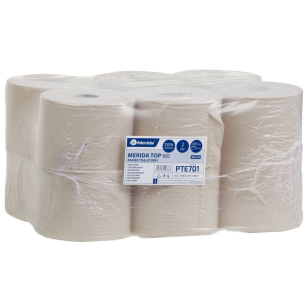
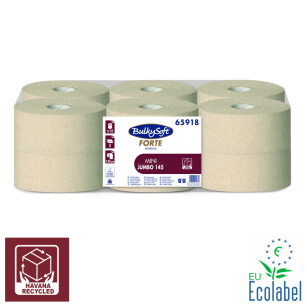
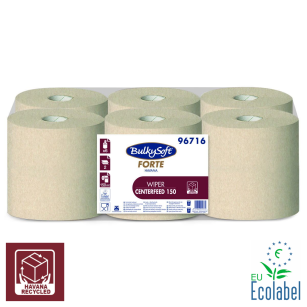
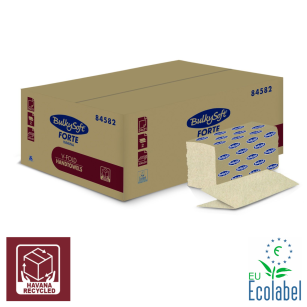
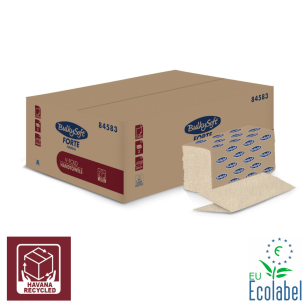




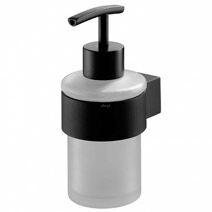
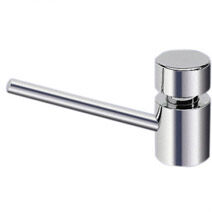







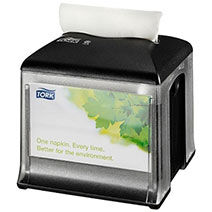

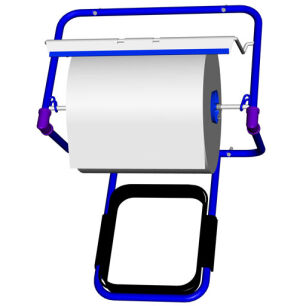
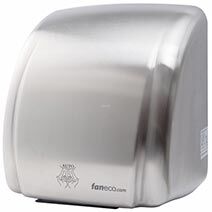

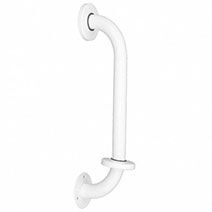



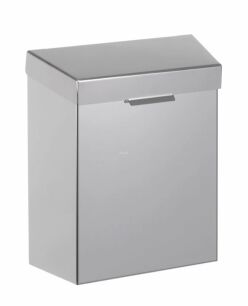
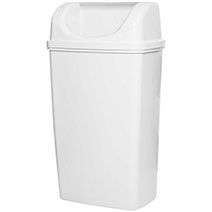
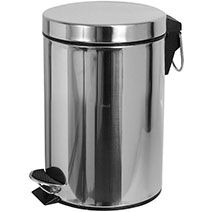
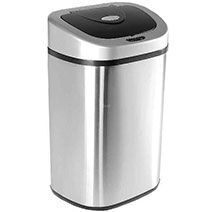
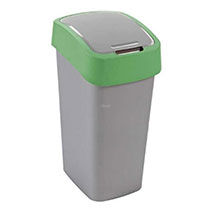
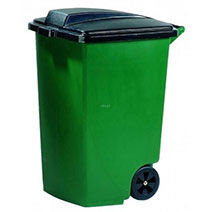

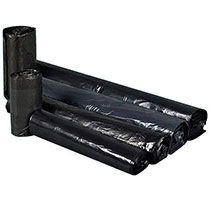
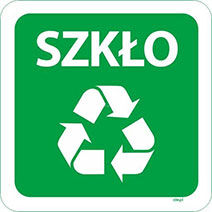
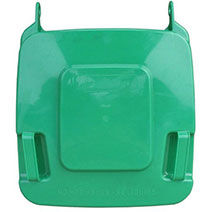

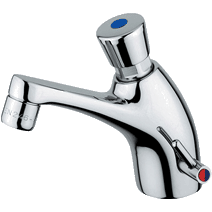

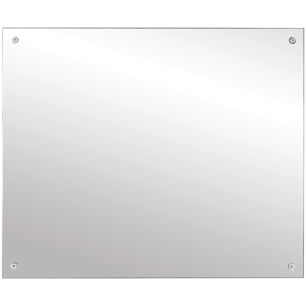



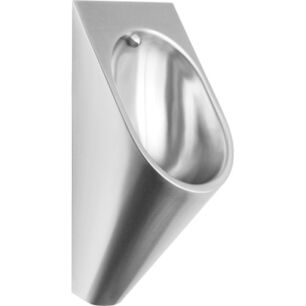

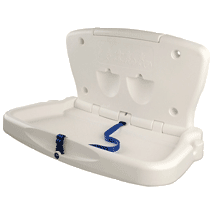

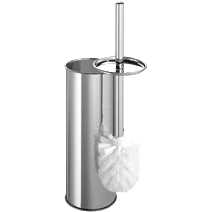
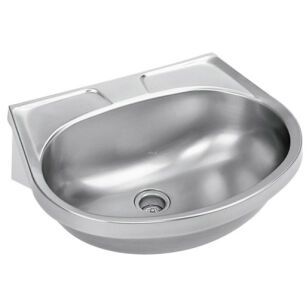


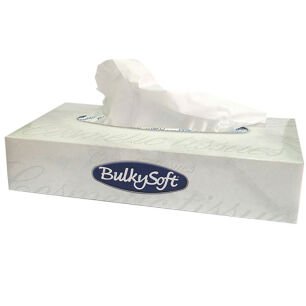
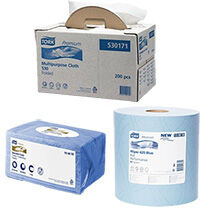
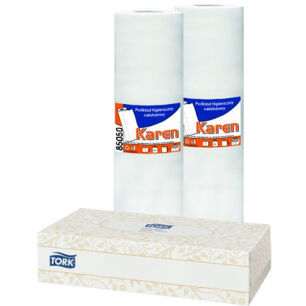
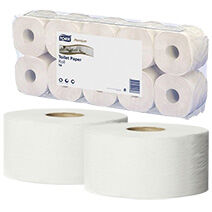
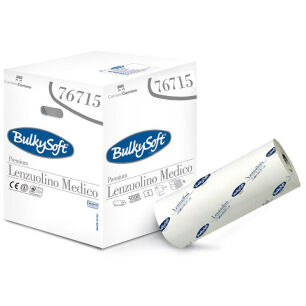
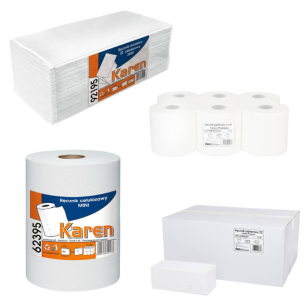
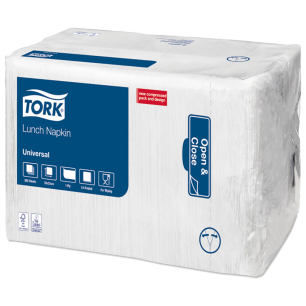
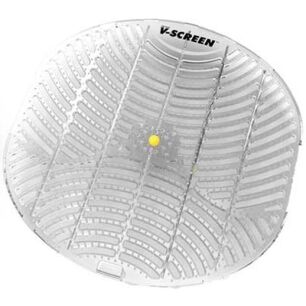

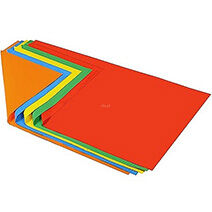
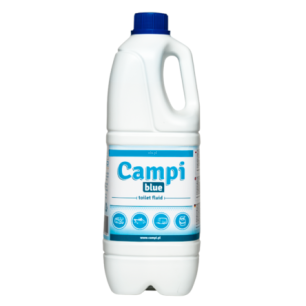
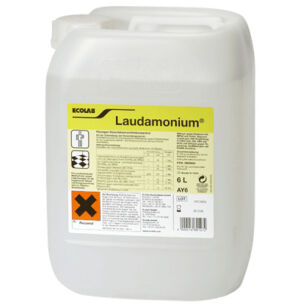
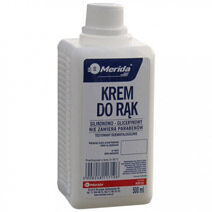
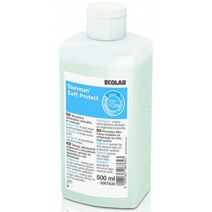
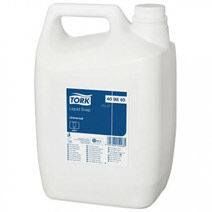
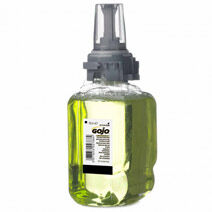

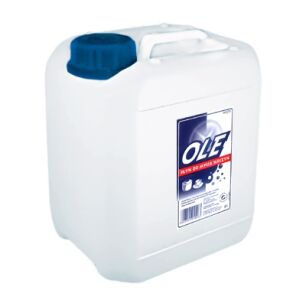

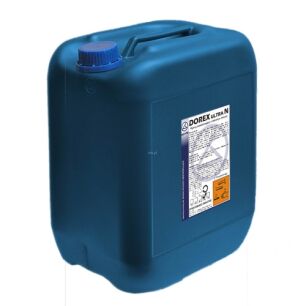

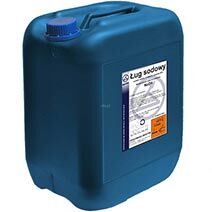


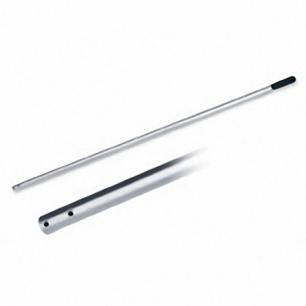
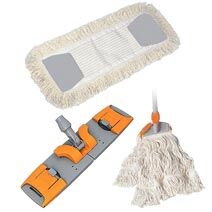

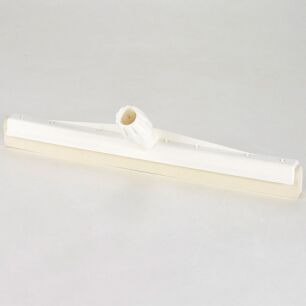


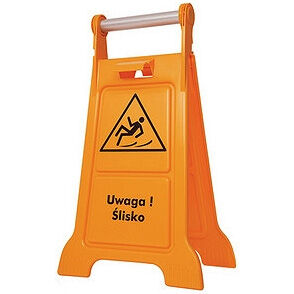


 Polski
Polski
 Czech
Czech
 German
German
 Spanish
Spanish
 Slovak
Slovak